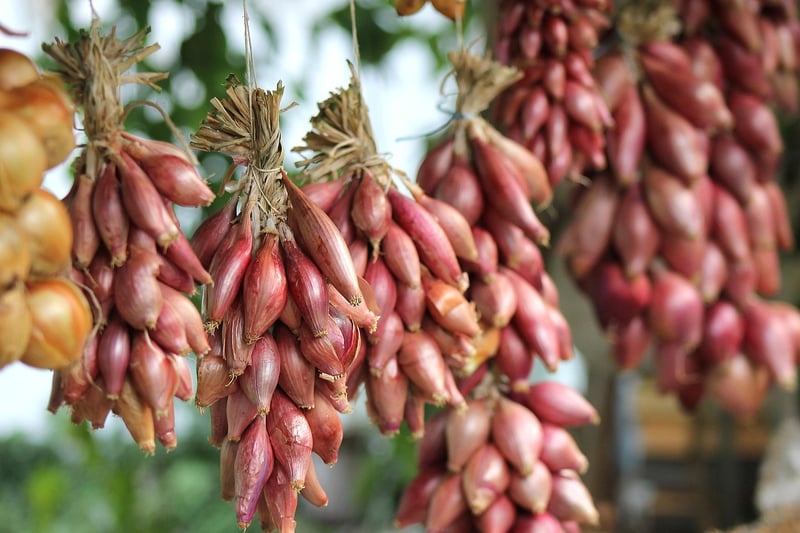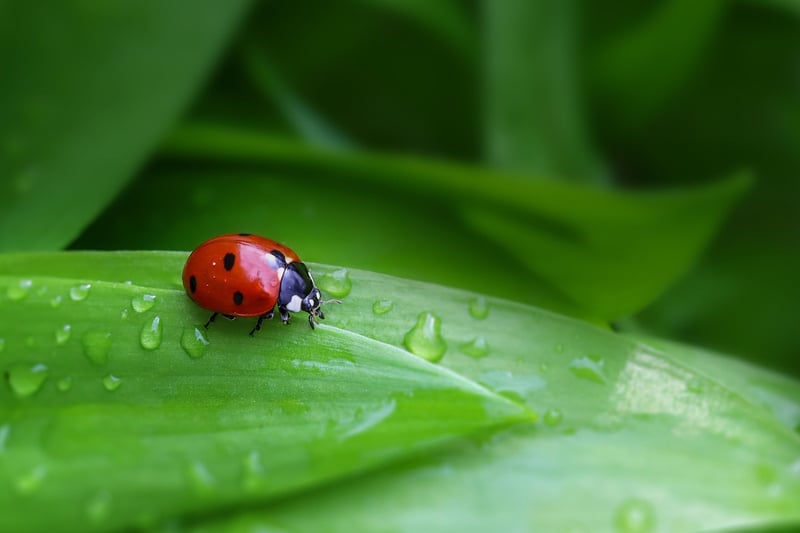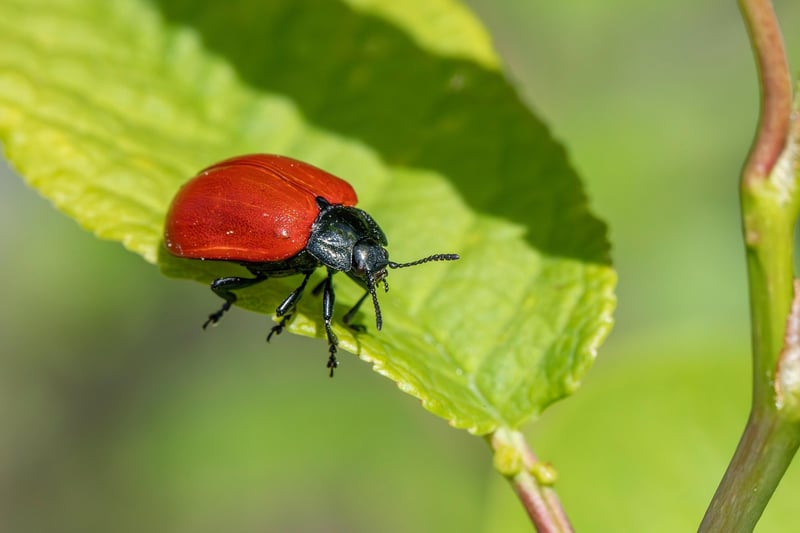Natural Pest Control
Environmentally Friendly Gardening and Natural Pest Control
Creating a vibrant and healthy garden doesn't have to come at the expense of the environment. By adopting environmentally friendly gardening practices and utilizing natural pest control methods, you can nurture your plants while preserving the ecosystem. Let's explore some tips and techniques for a greener approach to gardening.
1. Composting for Soil Health
Composting is a fantastic way to recycle kitchen scraps and yard waste into nutrient-rich soil for your garden. By composting, you reduce waste sent to landfills and provide your plants with natural fertilizer. This sustainable practice enriches the soil, promotes healthy plant growth, and minimizes the need for chemical fertilizers.
2. Water Conservation
Conserving water is crucial for sustainable gardening. Consider installing a rain barrel to collect rainwater for irrigation or opt for drip irrigation systems that deliver water directly to the plant roots, reducing wastage. Mulching around plants helps retain moisture in the soil, reducing the frequency of watering.
3. Planting Natives and Beneficial Insects
Choose native plants that are well-suited to your region's climate and soil conditions. Native plants require less water, fertilizer, and pesticides, making them a sustainable choice for your garden. Additionally, attract beneficial insects like ladybugs, lacewings, and bees to help control pest populations naturally.
4. Natural Pest Control
Instead of relying on harmful chemical pesticides, consider natural pest control methods to protect your plants. Planting companion plants that repel pests, using insecticidal soaps, neem oil, or introducing beneficial nematodes are effective ways to manage pests without harming the environment.
5. Crop Rotation and Diversity
Practicing crop rotation helps prevent the buildup of pests and diseases in the soil. By rotating your crops each season, you disrupt the life cycles of pests and diseases, reducing the need for chemical interventions. Planting a diverse range of crops also promotes a healthy ecosystem and minimizes the risk of crop failure.
6. Encouraging Wildlife
Invite beneficial wildlife such as birds, toads, and frogs into your garden to help control pests naturally. Birds feed on insects, while toads and frogs consume slugs and snails, keeping their populations in check. Create habitat areas like birdhouses and ponds to attract these helpful allies.
Embracing environmentally friendly gardening practices and natural pest control methods not only benefits your garden but also contributes to the overall health of the environment. By working in harmony with nature, you can create a sustainable and thriving garden that is a haven for plants, animals, and people alike.


For more information on environmentally friendly gardening practices and natural pest control, you can visit National Wildlife Federation - Sustainable Gardening.
